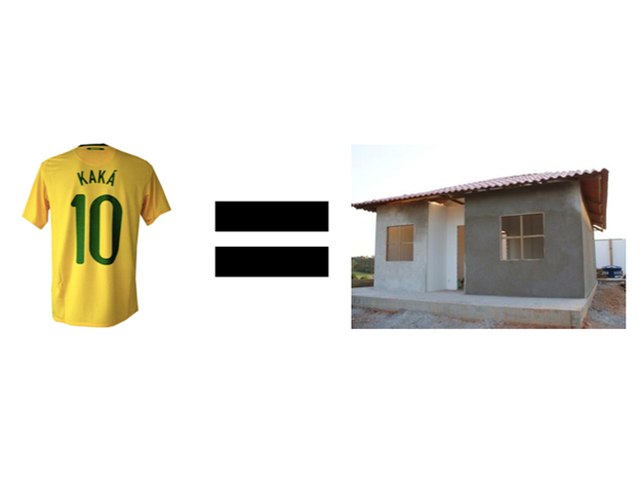We need to acknowledge that not all playing fields are even when it comes to the threat of fraudsters and criminals. At a time when so many people have congregated in Brazil for the World Cup, the country’s reality as a hot bed for credit card fraud has become more apparent. Apart from a plethora of banking trojans and Brazil-specific threats like the Boleto fraud, credit cards are a definite favorite of Brazilian cybercriminals.
The technical aspect of this card threat has been particularly well documented recently by Kaspersky Lab expert Fabio Assolini. Today I’d like to focus on a couple of similar stories that showcase victims of Brazil’s card theft culture. These people are experienced travelers, careful about the use of their credit cards, who still fell prey to criminals and had to deal with consequences that dampened their experience of an otherwise rich and beautiful country.
I was recently told a horrifying story about credit card fraud by a cautious friend whose misfortune occurred after a successful business trip. Having traveled to Sao Paulo, my friend was careful not to use his credit card except when paying for his hotel expenses, trusting its status as a multinational and recognizable establishment. Sadly, this relationship did little to mitigate the effects of malware on the computers used to manage transactions.
His credit card was cloned and subsequently used it to purchase airline tickets, make hotel reservations, and even register for an online horoscope! The transactions totaled less than $2,000 but given that the card was from a Latin-American bank whose policies do little to protect customers, my friend will be liable for every penny not recovered through disputed transactions.
As non-natives, we face difficult out-of home disadvantages, not realizing these threats are present even in well-established institutions, like multinational hotels, banks, and restaurants within the country. Thankfully in my friend’s case the expenditures were nowhere near excessive compared to other card fraud horror stories.
In the case of another acquaintance, he carefully watched his credit card use for the entirety of his stay in Brazil. While departing the country at the airport, he decided to purchase a national soccer team jersey. The transaction took time as the store employee repeated that the card kept coming up declined, so they needed to take it to another machine in the back room, a haphazard technique meant to buy time in order to clone a credit card away from its owner’s sight. This man finally walked away with his Kaka jersey, as the criminals made away with his information and successfully purchased all the necessary materials to help build a house and repair a car in Brazil, totaling $30,000 in expenses. Thankfully, this acquaintance was affiliated with a U.S. bank and paid an annual fee insuring against fraud. Fortunately, they made good on their more progressive policies that mitigated his personal liability.
This T-Shirt from Brazil effectively costs $30,000.http://ow.ly/i/6dWaR
Tweet
I’m certain that in the coming months, the influx of soccer aficionados to Brazil will result in a myriad of similar stories resulting from the unchecked spread of card theft culture. Rather than waiting for this reality to change, anyone intending to travel to Brazil is encouraged to take a very proactive security posture in planning his or her trip. Contact your bank to upgrade the magnetic strip cards to chip-and-pin cards, and, whenever possible, request temporary travel cards that can be used and disposed of after the trip. Finally, while cash might make you more of a target to pickpockets and thieves, its use won’t present future repercussions as in the aforementioned cases.
For those of whom this advice comes too late, I recommend you start poring over your card statements lest someone purchase a second vacation or a home on your dime.
 banking
banking


 Tips
Tips